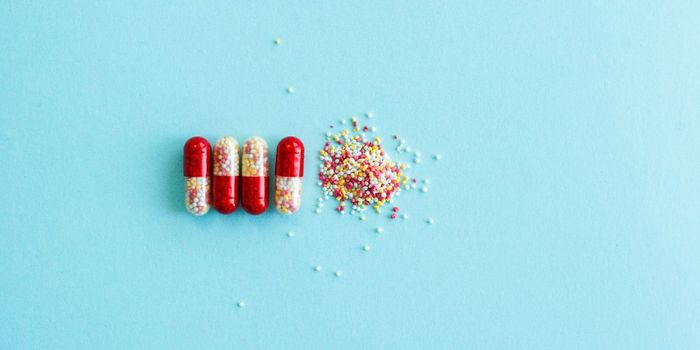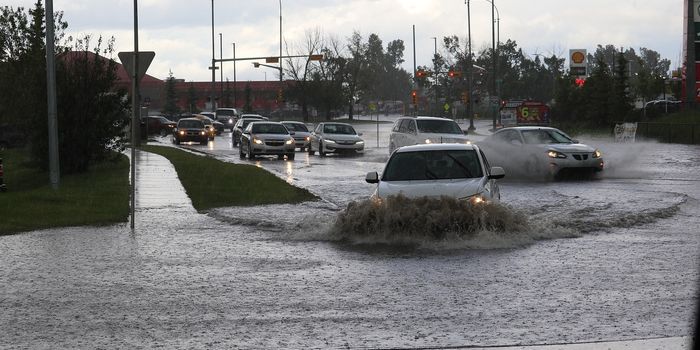Microsoft Commits Billions to AI for Earth
In December 2017, two years after the Paris climate accord was adopted, French President Emmanuel Macron led government, business and civic leaders in a conference called The One Planet Summit. President Trump, who earlier in the year announced his commitment to withdraw the U.S. from the historic climate accord, was not invited. At this event, Microsoft’s President and Chief Legal Officer Brad Smith announced the company would be committing $50 million over the following five years as part of a new strategy to provide access to artificial intelligence (AI) for groups and people who want to use it for the good of the planet. Microsoft’s AI for Earth, a program with the goal of using AI to address environmental challenges, launched six months before this announcement.
What is the Money for?
“Fundamentally, AI can accelerate our ability to observe environmental systems and how they are changing at a global scale, convert the data into useful information and apply that information to take concrete steps to better manage our natural resources,” Smith writes in a related post on the Microsoft website. He says the company wants to “democratize AI” and that its four main focus areas moving forward will be climate, water, agriculture and biodiversity.
Microsoft will continue to provide grants – they’ve provided more than 35 in more than 10 countries thus far – so that groups can access their tech. They will also fund Microsoft technology trainings for nongovernmental organizations, colleges and universities.
As these strategies are implemented, Smith says the company will find those projects showing “the most promise” and help them to scale up by giving them more resources and supporting them in commercializing the services they develop. It hopes to “incorporate new AI advances into platform-level services so that others can use them for their own sustainability initiatives,” Smith conveys. Microsoft has created a new interdisciplinary team of experts in the fields of sustainability and AI to back up these efforts.
Examples of AI Being Used to Counteract Climate Change
Smith shares several ways Microsoft is involved with improving the efficiency of various industries and combating climate change. For example, Agder Energy provides renewable energy in Norway and is using cloud and AI services to more effectively collect and analyze data from the energy grid. It can now predict and prep for changes in energy needs, such as the drain being created by the increased use of electric vehicles in the country. This makes for a more efficient and reliable energy grid.
In Singapore, real-estate, development and infrastructure company JTC is using Microsoft tech to “monitor, analyze and optimize 39 of its buildings.” In the first three buildings, JTC was able to use sensor data and analytic software to detect issues and faults before they became major breakdowns, reducing overall energy cost for the buildings by 15 percent. Smith points out how impactful this kind of achievement could be on a large scale in the U.S., where buildings account for about 40 percent of energy consumption.
He also discusses the achievements of Tasmanian ag-tech company The Yield, which uses sensors, analytics and an app to provide live weather monitoring and help farmers make better informed crop-care decisions, save water and increase their yield. This company has also used similar tools to help oyster farmers increase the productivity of their aquaculture endeavors.
In closing, Smith shares that he feels we are entering the “Fourth Industrial Revolution” and that along with simply advancing our technology, we must use it to “clean up the past and create a better future.”









